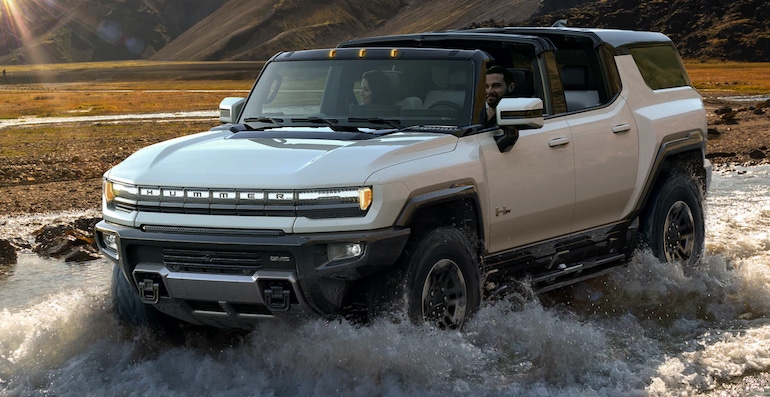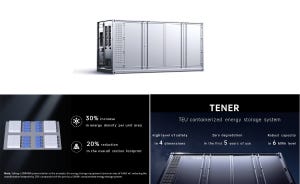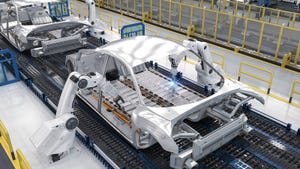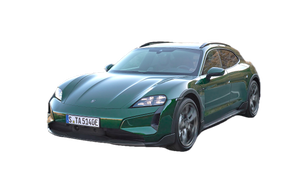GM’s new plan aims to ensure that the company leads all aspects of a transformation to sustainable electrification of transportation.
June 17, 2021

In March 2020, General Motors announced a commitment to invest $20 billion from 2020 through 2025, to accelerate its transition to electric vehicles (EVs) and autonomous vehicles (AVs). In November 2020, the company increased its planned investment over the same period to $27 billion. In June 2021, GM said it will increase its EV and AV investments from 2020 through 2025 to $35 billion, representing a 75 percent increase from its initial commitment announced before the pandemic.
"We are investing aggressively in a comprehensive and highly-integrated plan to make sure that GM leads in all aspects of the transformation to a more sustainable future," said GM Chair and CEO Mary Barra. "GM is targeting annual global EV sales of more than 1 million by 2025, and we are increasing our investment to scale faster because we see momentum building in the United States for electrification, along with customer demand for our product portfolio."
GM's additional investments and new collaborations are far-reaching and designed to create even greater competitive advantages for the company. As outlined in a GM news release they include:
Accelerating Ultium battery cell production in the United States: GM is accelerating plans to build two new battery cell manufacturing plants in the United States by mid-decade to complement the Ultium Cells LLC plants under construction in Tennessee and Ohio. Further details about these new U.S. plants, including the locations, will be announced at a later date.
Commercializing U.S.-made Ultium batteries and HYDROTEC fuel cells: In addition to collaborating with Honda to build two EVs using Ultium technology – one SUV for the Honda brand and one for the Acura brand – GM announced June 15 it has signed a memorandum of understanding to supply Ultium batteries and HYDROTEC fuel cells to Wabtec Corporation, which is developing the world's first 100 percent battery-powered locomotive. Separately, GM will supply HYDROTEC to Navistar, Inc., which is developing hydrogen-powered heavy trucks to launch in 2024, and Liebherr-Aerospace, which is developing hydrogen-powered auxiliary power units for aircraft. Lockheed Martin and GM also are teaming up to develop the next generation of lunar vehicles to transport astronauts on the surface of the Moon, leveraging GM's expertise in electric propulsion and autonomous technology.
Expanding and accelerating the rollout of EVs for retail and fleet customers: In November 2020, GM announced it would deliver 30 new EVs by 2025 globally, with two-thirds available in North America. Through the additional investments announced today, GM will add to its North America plan new electric commercial trucks and other products that will take advantage of the creative design opportunities and flexibility enabled by the Ultium Platform. In addition, GM will add additional U.S. assembly capacity for EV SUVs. Details will be announced at a later date.
Safely deploying self-driving technology at scale: Cruise, GM's majority-owned subsidiary, recently became the first company to receive permission from regulators in California to provide a driverless AV passenger service to the public. Cruise also was recently selected as the exclusive provider of AV rideshare services to the city of Dubai and is working with Honda to begin the development of an AV testing program in Japan. In addition, GM Financial will provide a multi-year, $5 billion credit facility for Cruise to scale its Cruise Origin fleet. Developed through a partnership between GM, Honda , and Cruise, the Cruise Origin will be built at GM's Factory ZERO Detroit-Hamtramck Assembly Center starting in early 2023.
"There is a strong and growing conviction among our employees, customers, dealers, suppliers, unions and investors, as well as policymakers, that electric vehicles and self-driving technology are the keys to a cleaner, safer world for all," Barra said.
Kevin Clemens is a Senior Editor with Battery Technology.
About the Author(s)
You May Also Like





